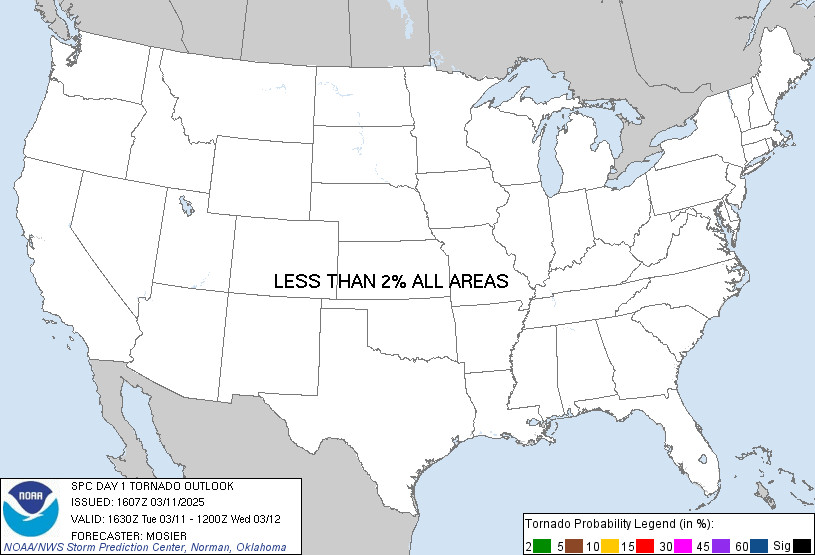The Air Quality Index (AQI) is a crucial measure for understanding the level of air pollution in a specific location. It provides a standardized way to communicate the health risks associated with breathing polluted air. In Delhi, a city known for its air pollution challenges, knowing the current AQI is particularly important for residents and visitors alike.
The AQI is calculated using the concentration of various pollutants in the air, including fine particulate matter (PM2.5), ozone (O3), nitrogen dioxide (NO2), sulfur dioxide (SO2), and carbon monoxide (CO). PM2.5, tiny particles that can penetrate deep into the lungs, is a major contributor to health problems related to air pollution.
While different countries may use slightly different scales, the AQI generally ranges from 0 to 500, with higher values indicating worse air quality. The scale is often divided into categories, each corresponding to a different level of health concern. These categories typically include: Good (0-50), Moderate (51-100), Unhealthy for Sensitive Groups (101-150), Unhealthy (151-200), Very Unhealthy (201-300), and Hazardous (301-500).
Several organizations and government agencies provide AQI readings for Delhi. The U.S. Embassy in Delhi, for example, publishes real-time AQI data based on measurements from its air quality monitors. This data is often considered reliable and is a valuable resource for those seeking up-to-date information on Delhi’s air quality. Resources like AirNow and the Central Pollution Control Board (CPCB) also provide AQI information for Delhi and other cities in India.
| Air Quality Index Levels of Health Concern | Numerical Value | Meaning |
|---|---|---|
| Good | 0 to 50 | Air quality is considered satisfactory, and air pollution poses little or no risk |
| Moderate | 51 to 100 | Air quality is acceptable; however, for some pollutants there may be a moderate health concern for a very small number of people who are unusually sensitive to air pollution. |
| Unhealthy for Sensitive Groups | 101 to 150 | Members of sensitive groups may experience health effects. The general public is not likely to be affected. |
| Unhealthy | 151 to 200 | Everyone may begin to experience health effects; members of sensitive groups may experience more serious health effects. |
| Very Unhealthy | 201 to 300 | Health warnings of emergency conditions. The entire population is more likely to be affected. |
| Hazardous | 301 to 500 | Health alert: everyone may experience more serious health effects. |
Checking the AQI before going outdoors in Delhi is especially important for those with respiratory or cardiovascular conditions, children, and the elderly, as they are more vulnerable to the adverse effects of air pollution. When the AQI is high, it’s advisable to limit outdoor activities, wear a mask designed to filter out PM2.5, and stay indoors as much as possible. Staying informed about the AQI can help you make informed decisions to protect your health in Delhi.

